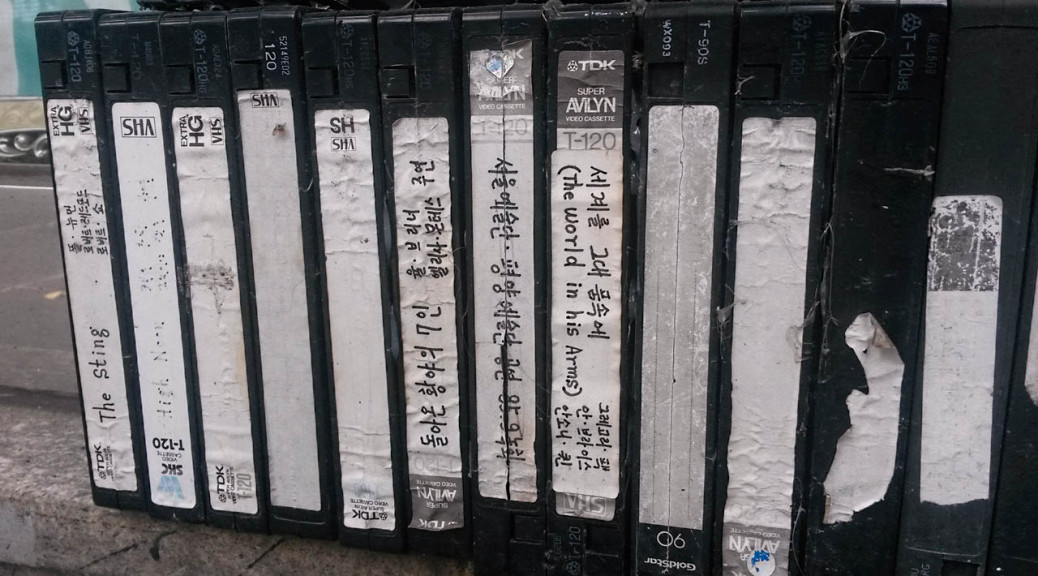Rewatched:
Midnight Cowboy (1969) John Schlesinger (Marathon Man, 1976). Screenplay by Waldo Salt (Serpico, 1973)
Midnight Cowboy (1965) by James Leo Herlihy.
Rewatched:
Midnight Cowboy (1969) John Schlesinger (Marathon Man, 1976). Screenplay by Waldo Salt (Serpico, 1973)
Midnight Cowboy (1965) by James Leo Herlihy.
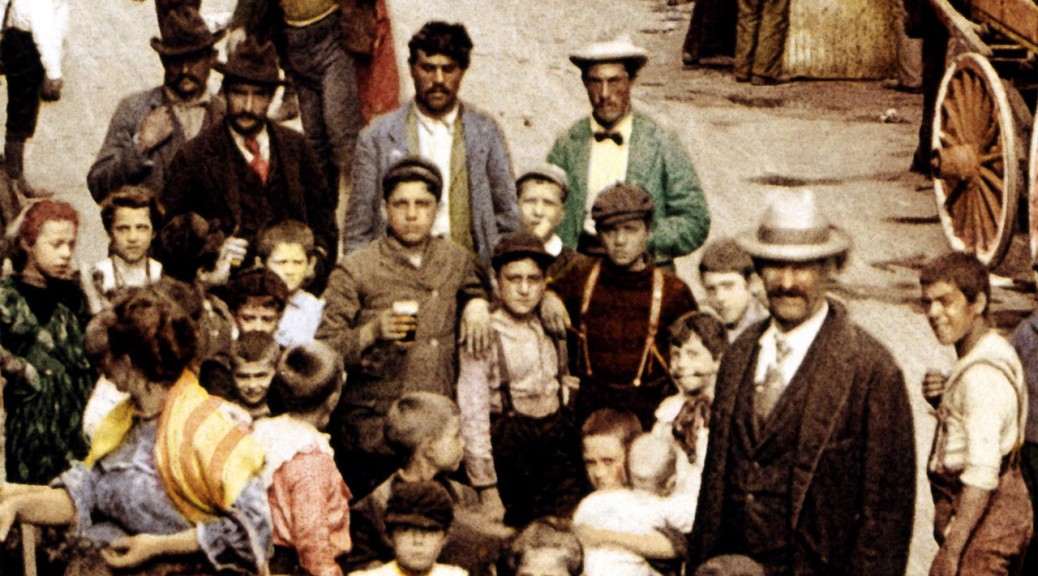
“As the hours passed, the room, already dark, seemed to diminish around us, until it resembled a screening room, or a chapel, a place where questions of how to live are posed through stories and images.”
“The Italian-American Catholicism of the area was centered on street processions devoted to saints brought over from the old country: San Gandolfo for the Sicilians on Elizabeth Street, San Gennaro for the Neapolitans on Mulberry Street.”
“Spiritual Exercises” of St. Ignatius of Loyola (founder of the Jesuits)
“The exercises, devised in the 1520s, invite the “exercitant” to use his imagination to place himself in the company of Jesus, at the foot of the cross, among tormented souls in hell.”
Jesuit poet Gerard Manley Hopkins
“A.O. Scott, now a chief film critic for The New York Times, once wrote that Scorsese approaches filmmaking as “a priestly avocation, a set of spiritual exercises embedded in technical problems.””
“Like the novel, the picture interrogates the very idea of Christian martyrdom, by proposing that there are instances when martyrdom — the believer holding fast to Christ to the bitter end — is not holy or even right. It makes in the way of art the arguments made in defense of “Last Temptation”: that an act can’t be fully understood if the intentions behind it aren’t taken into account, and that a seeming act of profanation can be an act of devotion if done out of an underlying faith.”
“He will go to hell — but he will go to hell for their sake.”
bitacora. dic. 1
I wake up. Tiny claws scratching the wooden floor. A tongue lapping at the water. The dogs are ready to eat. Boil the water. Soften the food. I put Yolo in the pen. He demands to be set free. Chocolino come here. Treat time. Choco sit, down, beg, spiiiiiin, down, gidaria, eat. Repeat five times. Then his plate. Down. Gidaria. Eat. He wolfs it down.
Out the door. Elevator from the 5th floor to the first. The morning sun is bright. The city has already had a few hours to get started. I wait for 155.
The 155 is almost empty. I sit at the back on one of the single seats, and continue reading The Sound and The Fury. The 155 travels east. We cross the Suyeong at Millak. I look down at the water and try to come up something pretty. Nothing comes up. Just water moving toward more water. In India it would be spiritual. People get off at Centum. We turn north. I read. We turn at Jaesong and climb up toward Jangsan mountain. I hear the bus shift gears. People get off and on. A blue and white bus with red numbers driving up a city built on a mountain slope on a sunny morning in Korea. The market at Banyeo samdong, people with grocery bags, people reading their phones. We descend into Banyeo ildong. The view opens and a large slice of city appears framed by pine forests at each side, rows of tall monolithic white buildings beyond the basin of the Suyeong. The spine of the Geumjeongsan still green. The mountain disappears behind older and smaller houses. We enter Banyeon ildong. Narrow streets. A blue work truck parked at a tight corner. Honking. I read. We turn. The bus gathers speed. I hear the bus shift gears. We careen down the strip until the overpass. The whiny bell announces a passenger stop. An old lady with curly hair waddles to the backdoor holding the handrails as if enjoying an adventure at a moving jungle gym. I get off at the elementary school. The yellow leaves of the unheng tree strewn on the sidewalk. I think of my dad and how once as a kid I pretended to be a blind boy or an old man, using an imaginary cane to prod my way around the subsuelo hallway of the hotel. My dad frowned and asked me, ¿te haci de ciego o de viejo? I pondered the question. I looked at the corral my dad had been chatting with before he’d decided to test my morals. His friend looked back at me, grinned and waited for my response. I looked at my dad. De viejo, I said. Ah, bien, porque algun dia vai a ser viejo. I buy an ice americano at Amico for 2,500 won. The lady that made it hands it to me and bends the end of my straw so I won’t have to. I sip and exit the coffee shop.
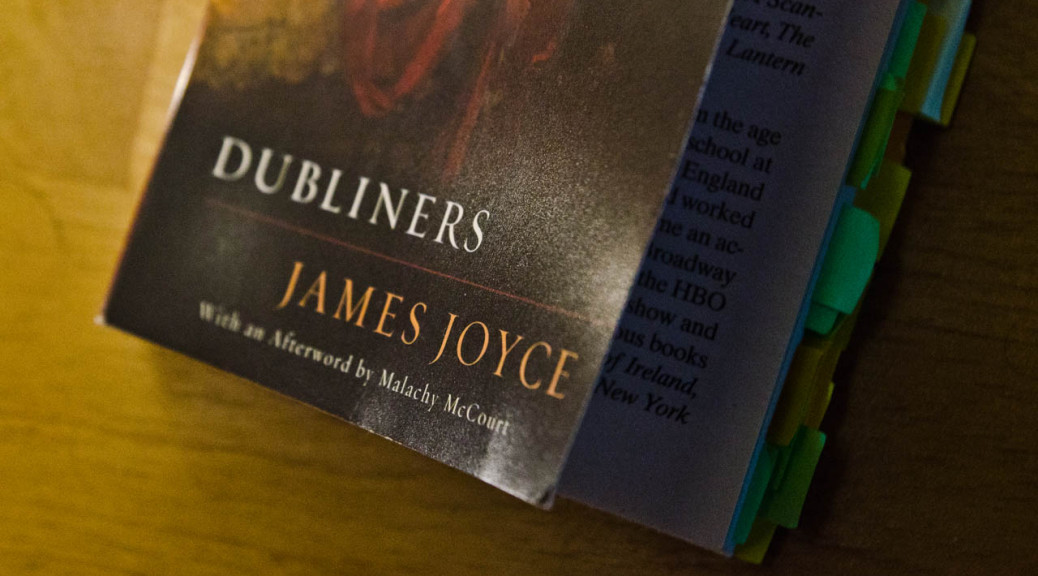
The priest “Sometimes he had amused himself by putting difficult questions to me, asking me what one should do in certain circumstances or whether such and such sins were mortal or venial or only imperfections. His questions showed me how complex and mysterious were certain institutions of the Church which I had always regarded as the simplest acts.” p. 5
“His face was very truculent, grey and massive, with black cavernous nostrils and circled by a scanty white fur. There was a heavy odour in the room — the flowers.” p. 7
“It was too late and we were too tired to carry out our project of visiting the Pigeon House.” p. 18
“- I say! Look what he’s doing!
As I neither answered nor raised my eyes Mahony exclaimed again:
-I say …He’s a queer old josser!
-In case he asks us for our names, I said, let you be Murphy and I’ll be Smith.” p. 21
“A slap on the hand or a box on the ear was no good: what he wanted was to get a nice warm whipping. I was surprised at this sentiment and involuntarily glanced up at his face. As I did do I met the gaze of a pair of bottle-green eyes peering at me from under a twitching forehead. I turned my eyes away again.” p. 22
“I allowed the two pennies to fall against the sixpence in my pocket. I heard a voice call from one end of the gallery that the light was out. The upper part of the hall was now completely dark.
Gazing up into the darkness I saw myself as a creature driven and derided by vanity; and my eyes burned with anguish and anger.” p. 32
“They walked northward with a curious feeling of disappointment in the exercise, while the city hung its pale globes of light above them in a haze of summer evening.” p. 42
“Corley halted at the first lamp and stared grimly before him. Then with a grave gesture he extended a hand toward the light and, smiling, opened it slowly to the gaze of his disciple. A small gold coin shone in the palm.” p. 59
“A gentle melancholy took possession of him. He felt how useless it was to struggle against fortune, this being the burden of wisdom which the ages had bequeathed to him.” p. 72
“Their faces were powdered and they caught up their dresses, when they touched earth, like alarmed Atalantas.” p. 73
“The bar seemed to him to be full of people and he felt that the people were observing him curiously. He glanced quickly to right and left (frowning slightly to make his errand appear serious), but when his sight cleared a little he saw that nobody had turned to look at him:” p. 75-76
“Hushed are the winds and still the evening gloom,
Not e’en a Zephyr wanders through the grove,
Whilst I return to view my Margaret’s tomb
And scatter flowers on the dust I love.”
“The dark damp night was coming and he longed to spend it in the bars, drinking with his friends amid the glare of gas and the clatter of glasses.” p. 92
“His wife was a little sharp-faced woman who bullied her husband when he was sober and was bullied by him when he was drunk. They had five children. A little boy came running down the stairs.” p. 101
“Then she asked all the children had any of them eaten it — by mistake, of course–but the children all said no and looked as if they did not like to eat cakes if they were to be accused of stealing.” p. 108
I dreamt that I Dwelt (song)
“I had riches too great to count, could boast
of a high ancestral name,
But I also dreamt, which pleased me most,
That you loved me still the same.” p. 110
“But no one tried to show her her mistake” p. 111
“He had an odd autobiographical habit which led him to compose in his mind from time to time a short sentence about himself containing a subject in the third person and a predicate in the past tense. He never gave alms to beggars, and walked firmly, carrying a stout hazel.” p. 114
“The workmen’s discussions, he said, were too timorous; the interest they took in the question of wages was inordinate. He felt that they were hard-featured realists and that they resented an exactitude which was the product of a leisure not within their reach. No social revolution, he told her, would be likely to strike Dublin for some centuries.” p. 117
“he heard the strange impersonal voice which he recognised as his own, insisting on the soul’s incurable loneliness. We cannot give ourselves, it said: we are our own.” p. 118
“he realised that she was dead, that she had ceased to exist, that she had become a memory.” p. 123
No one wanted him; he was outcast from life’s feast. He turned his eyes to the grey gleaming river, winding along towards Dublin. Beyond the river he saw a goods train winding out of Kingsbridge Station, like a worm with a fiery head winding through the darkness, obstinately and laboriously. It passed slowly out of sight; but still he heard in his ears the laborious drone of the engines reiterating the syllables of her name.” p. 124
“-There’s no tumblers, said the old man.
-O, don’t let that trouble you, Jack, said Mr Henchy. Many’s the good man before now drank out of the bottle.” p. 136
“Then he took up the corkscrew and went out of the door sideways, muttering some form of salutation.
-That’s the way it begins, said the old man.
-The thin edge of the wedge, said Mr Henchy.” p. 137
“Mr Crofton sat down on a box and looked fixedly at the other bottle on the hob. He was silent for two reasons. The first reason, sufficient in itself, was that he had nothing to say; the second reason was that he considered his companions beneath him.” p. 138-139
“Mr Hynes hesitated a little longer. Then amid the silence he took off his hat, laid it on the table and stood up. He seemed to be rehearsing the piece in his mind. After a rather long pause he announced:
The Death of Parnell
6TH OCTOBER 1891″ p. 142
“-Good man, Joe! said Mr O’Connor, taking out his cigarette-papers and pouch the better to hide his emotion.” p. 144
Mr O’Madden Burke “His magniloquent western name was the moral umbrella upon which he balanced the fine problem of his finances. He was widely respected.” p. 155
“She believed steadily in the Sacred Heart as the most generally useful of all Catholic devotions and approved of the sacraments. Her faith was bounded by her kitchen but, if she was put to it, she could believe also in the banshee and in the Holy Ghost.” p. 169
Dublin Castle (Caisleán Bhaile Átha Cliath)
peloothered (drunk)
“The General of the Jesuits stands next to the Pope.” p. 175
Pope Leo XIII “union of the Latin and Greek Churches.” p. 179
Lux upon Lux
Lux in Tenebris
Mr Browne “He was astonished to hear that the monks never spoke, got up at two in the morning and slept in their coffins…
-The coffin, said Mary Jane, is to remind them of their last end.” p. 217
***”Our path through life is strewn with many such sad memories: and were we to brood upon them always we could not find the heart to go on bravely with our work among the living. We have all of us living duties and living affections which claim, and righly claim, our strenuous endeavours.” p. 220
“And everything went on beautifully until Johnny came in sight of King Billy’s statue: and whether he fell in love with the horse King Billy sits on or whether he thought he was back again in the mill, anyhow he began to walk round the statue.
Gabriel paced in a circle round the hall in his goloshes amid the laughter of the others.” p. 224
*****”He stood still in the gloom of the hall, trying to catch the air that the voice was singing and gazing up at his wife. There was grace and mystery in her attitude as if she were a symbol of something. He asked himself what is a woman standing on the stairs in the shadow, listening to distant music, a symbol of. If he were a painter he would paint her in that attitude. Her blue felt hat would show off the bronze of her hair against the darkness and the dark panels of her skirt would show off the light tones. Distant Music he would call the picture if he were a painter.” p. 226
“O, the rain falls on my heavy locks
And the dew wets my skin,
My babe lies cold…” p. 227
****”A wave of yet more tender joy escaped from his heart and went coursing in warm flood along his arteries. Like the tender fires of stars moments of their life together, that no one knew of or would ever know of, broke upon and illuminated his memory. He longed to recall to her those moments to make her forget the years of their dull existence together and remember only their moments of ecstasy.” p. 230-231
“A ghostly light from the street lamp lay in a long shaft from one window to the door. Gabriel threw his overcoat and hat on a couch and crossed the room towards the window. He looked down into the street in order that his emotion might calm him a little.” p. 233
*******”The air of the room chilled his shoulders. He stretched himself cautiously along under the sheets and lay down beside his wife. One by one they were all becoming shades. Better pass boldly into that other world, in the full glory of some passion, than fade and wither dismally with age. He thought of how she who lay beside him had locked in her heart for so many years that image of her lover’s eyes when he had told her that he did not wish to live.” p. 240
*******”A few light taps upon the pane made him turn to the window. It had begun to snow again. He watched sleepily the flakes, silver and dark, falling obliquely against the lamplight. The time had come for him to set out on his journey westward. Yes, the newspapers were right: snow was general all over Ireland. It was falling on every part of the dark central plain, on the treeless hills, falling softly upon the Bog of Allen and, farther westward, softly falling into the dark mutinous Shannon waves. It was falling too, upon every part of the lonely churchyard on the hill were Michael Furey lay buried. It lay thickly drifted on the crooked crosses and headstones, on the spears of the little gate, on the barren thorns. His soul swooned slowly as he heard the snow falling faintly though the universe and faintly falling, like the descent of their last end, upon all the living and the dead.” p. 241
“The Irish playwright John Millington Synge once said that words should have the crispness of an autumn apple,” p. 244
“Dubliners was accepted for publication in 1904 and, due to the prevailing puritan prudery, it got passed from fearful publisher to fearful publisher and was eventually published nine years later. It was not a book that reverberated like the shot heard around the world; indeed it sold three hundred copies, of which one hundred were purchased by the author himself, a not unfamiliar tactic to gain bestseller status,” p. 247
Ireland “is somewhat a matriarchy, which to me is a society where men look down on their women with reverence.” p. 248
“Some scholars say that James Augustine Aloysius Joyce could not, in his early years, write anything that he had not observed and personally experienced in some way; thus Dubliners follows a path through childhood, through puberty and ts sins of the flesh, a constant torment to Irish teenagers, sometime maturity, and the emerging of the man into public view.” p. 248
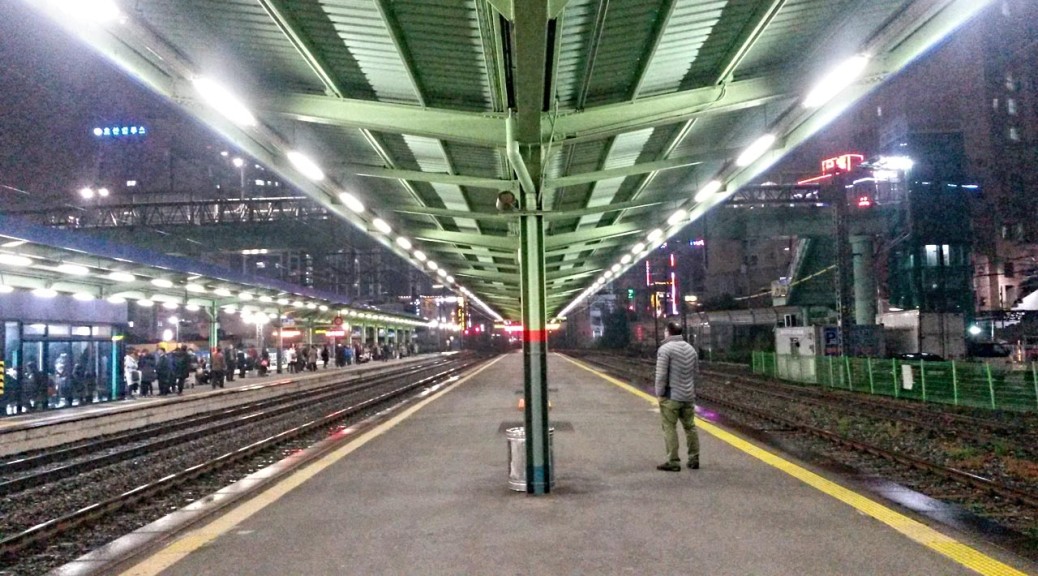
To watch: Mifune: The Last Samurai (Stephen[Steven] Osaki, 2015/2016)
“The director was maniacal enough to have amateur archers shoot hundreds of real arrows at his star, and Mifune was dedicated enough to abide that.”
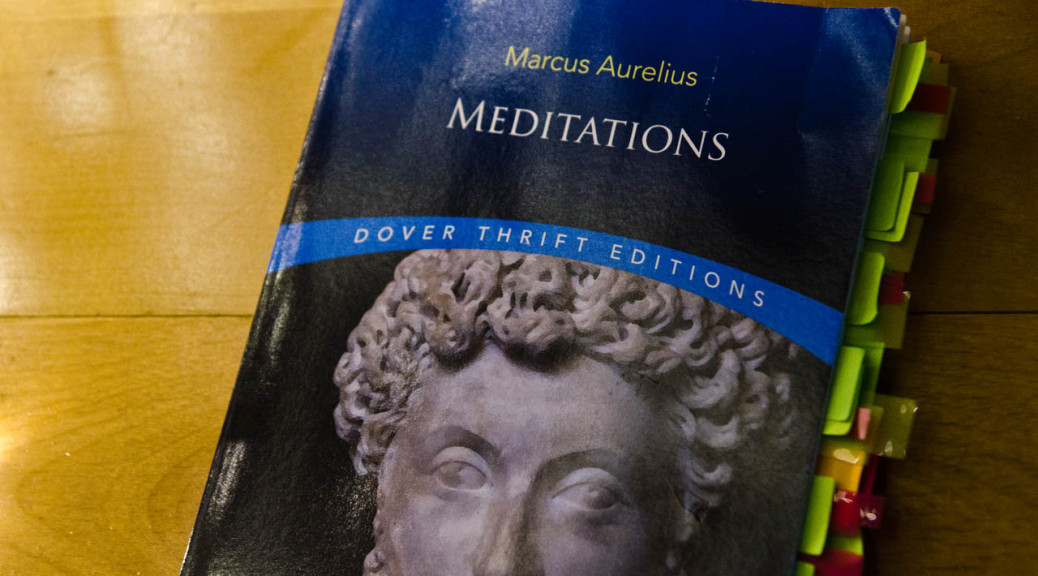
…
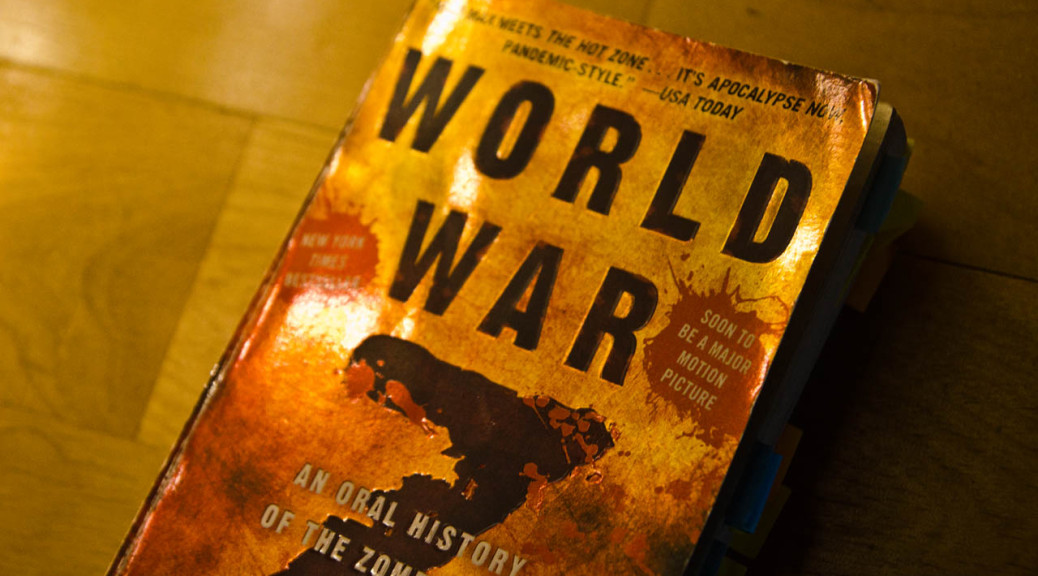
Fengdu (city of ghosts) 豐都鬼城
Old Dachang
Monasteries at Meteora, Greece
Sinai Desert at Taba
Falasha
Ship breaking at Alang, Gujarat, India
“Pakistan’s south central mountains: the Pab, the Kirthar, the Central Brahui range.” p. 113
List of mountain ranges of Pakistan
Henry J. Kaiser (father of modern American shipbuilding)
Vo Nguyen Giap (General in the Vietnam People’s Army)
Bosozoku 暴走族 Japanese motorbike subculture
Haya-ji Shinto wind god
Fujin Shinto wind god
Winston Churchill “Democracy is the worst form of government, except for all the others.”
The Ossuary and Port-Mahon Quarry
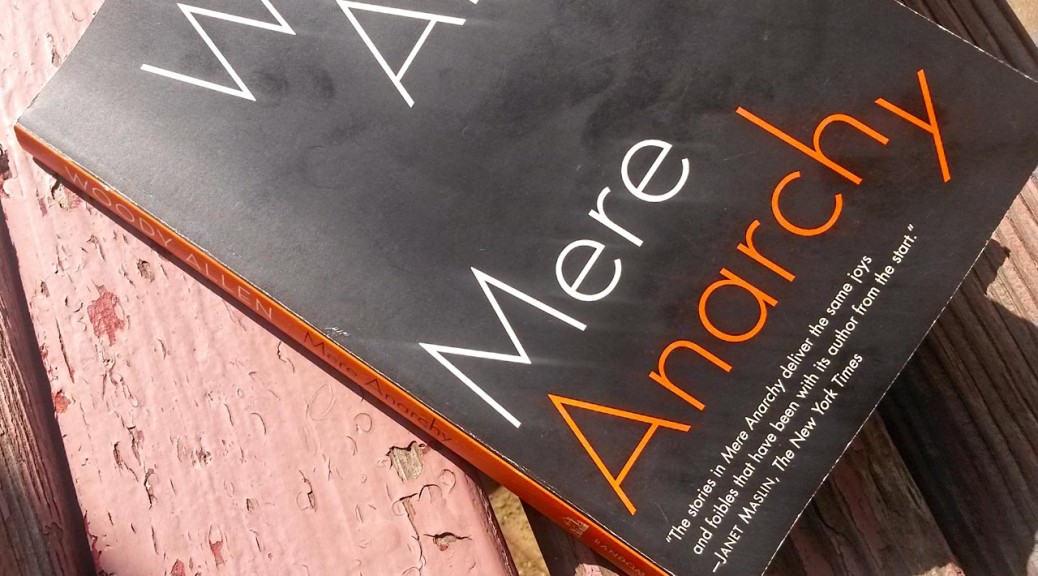
There is a fervid endorsement by someone named Pleiades MoonStar–a name that would cause no end of consternation for me if I were told at the last minute it belonged to my brain surgeon or pilot.” p. 5
“”What do you do for a living?” she inquired, oddly un-omniscient for a creature of her reputed majesty.
“Night watchman at a wax museum,” I replied, “but it’s not as fulfilling as it sounds.”” p. 9

Veerappan “was a notorious Indian brigand and dacoit. He was active for nearly 30 years in the scrub lands and forests in the states of Karnataka, Kerala, and Tamil Nadu.” Via Wikimedia.
“”She’s a very handsome woman,” I quickly said.
“Well, you know, it’s all relative. I might look at the same face and see something you’d find for sale in a live-bait store.”” p. 30
“Just give me a few sample pages to confirm my faith in your brilliance. Who knows, maybe in your hands novelization will finally come of age as an art form.” p. 40
“”Wouldn’t you rather read it yourself? That way the subtle verbal rhythms can resonate in your mind’s ear.”
“Naw, I’ll get a better feel this way. Plus I lost my reading glasses last night at Hooters. Commence,” ordered Biggs, putting his feet up on the coffee table.” p. 41
“Integrity is a relative concept, best left to the penetrating minds of Jean-Paul Sartre or Hannah Arendt.” p. 77
UMLAUT Say, boys, have any of you read Gilgamesh?
(They assent enthusiastically.)
NUTMEAT The Babylonian Bible? Sure, several times, why?
UMLAUT I’m going to say one word to you: Musical. p. 86
—
SHEIGITZ Line changes? The blind violinist is now a Navy SEAL?
UMLAUT It gives more oomph. p. 87
NUTMEG What but? Arvide Mite was only waxing hyperbolic when he said you could make the phone book into a hit. Only an idiot or a megalomaniac would accepted the challenge. Especially the Yellow Pages. p. 89
“One is a sophisticated bauble called “If You’ll Be My Puma in Yuma I’ll Be Your Stork in New York.” p 121
“Before working for the Washburns, Tobias was a horse whisperer at a ranch in Texas, but she suffered a nervous breakdown when a horse whispered back.” p. 133
“Her undertaker husband, Wilbur, liked Stubbs and offered to bury him gratis if he would agree to have it done that day.” p. 136
Watched Eraserhead (1977) David Lynch | D. P.: Frederick Elmes (Synecdoche, New York (2008), Coffee and Cigarettes (2003) )
To read: Franz Kafka‘s The Metamorphosis and Nikolai Gogol‘s short story The Nose (1836).
